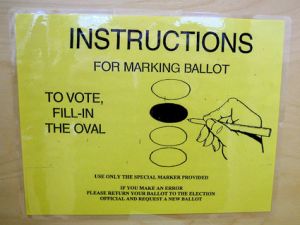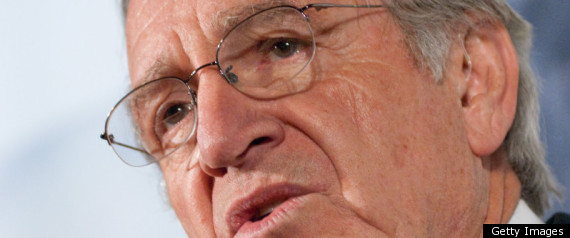It should have been a headline long ago, or at least the talk of the day Wednesday: Every fifth Israeli lives in fear of hunger, every 10th suffers from hunger. But this almost-African statistic, the kind that comes from the darkness of the third world, appeared only on the inside pages on Wednesday. Other issues were the talk of the day.
Iran, Hezbollah, the Muslim Brotherhood - other fears are implanted in us with deliberate and malicious regularity. Some are futile fears, others are exaggerated, and compared to them this fear, the fear of hunger of every fifth person among us and the serious hunger of every 10th person, interests nobody but the victims. They have empty bellies, but no voice. Most Israelis have no idea what it's all about.
After all the self-congratulations over our flourishing economy, after all the nauseating glorification of the wealthy, even after the dwindling summer protest and the radiant joining of the OECD, comes this bad news. And it didn't slap us in the face. Israel has come a long way from the days when the country - which was far more egalitarian - was in an uproar over the comments by the hungry girl from Beit She'an. It has become fat and insensitive.
Iran, Hezbollah, the Muslim Brotherhood - other fears are implanted in us with deliberate and malicious regularity. Some are futile fears, others are exaggerated, and compared to them this fear, the fear of hunger of every fifth person among us and the serious hunger of every 10th person, interests nobody but the victims. They have empty bellies, but no voice. Most Israelis have no idea what it's all about.
After all the self-congratulations over our flourishing economy, after all the nauseating glorification of the wealthy, even after the dwindling summer protest and the radiant joining of the OECD, comes this bad news. And it didn't slap us in the face. Israel has come a long way from the days when the country - which was far more egalitarian - was in an uproar over the comments by the hungry girl from Beit She'an. It has become fat and insensitive.
























